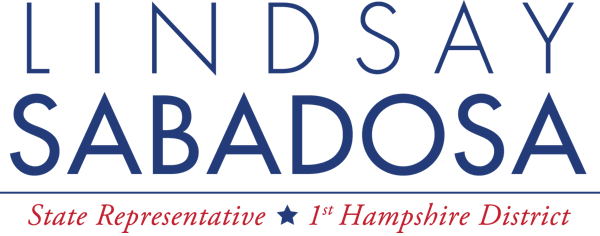cRIMINAL JUSTICE bills (2023-24)
Any interaction with the criminal justice system has the potential to severely impact individuals, communities, and families. That’s why I’ve introduced several bills to reform our system informed by harm reduction and public safety.
Shift the relationship between school resource officers and schools
H. 565 An Act relative to the location of school resource officers
School Resource Officers (SROs) can negatively impact school environments. Their presence is well-studied — when an SRO is present in a school, violent incidents increase, especially against Black and Brown students, and disabled students. H. 565 would not eliminate school resource officers, but amend their relationship with the school such that they are not physically present. If passed, this bill would require that SROs not be located on school grounds, instead at the local police station, and that SROs will serve as the primary emergency responder to calls from schools.Update carbon accounting guidelines and clarify what counts towards the MA net-zero goal
Repeal outdated laws that contradict Massachusetts’ values
H. 1640 An Act relative to archaic laws
Right now in Massachusetts General Laws, there are dozens of archaic, unnecessary laws that stand in direct opposition to our values in freedom, autonomy, and dignity. If passed, this bill would create a permanent commission to examine our laws to identify anachronisms and recommend the needed reforms, receive and consider proposed changes to the law recommended by established legal bodies, public officials, judicial officials, and the public, and recommend measures to improve the public accessibility of state laws. H. 1640 would also repeal several outdated laws.
Protect minors from deceptive interrogation
H. 1756 An Act ensuring integrity in juvenile interrogations
Without proper protections, deceptive interrogations of children can have serious and harmful consequences. This bill works to eradicate the use of deception during custodial interrogations of juveniles. If passed, this bill would designate any statement made by a juvenile during custodial interrogation if a law enforcement officer knowingly engages in deception as involuntary and therefore inadmissible in any court where such statement is offered as evidence
Ensure judges consider defendants’ economic circumstances when setting bail
H. 1755 An Act to track the implementation of the Brangan ruling
In 2017, Brangan v. Commonwealth ruled that bail must be set commensurate to the defendant’s economic means. In other words, people cannot be held in jail because they are too poor to afford bail. Although this rule was codified in the Criminal Justice Reform Act of 2018, the statute lacked any mechanism to track its implementation. If passed, this bill would require charges and the corresponding bail amounts to be reported to the Committee for Public Counsel Services.
Free incarcerated elders
H. 2397 An Act relative to parole review for aging incarcerated people
This bill works to counter the system of endless punishment that fuels mass incarceration and harms Black and Indigenous communities, and other communities of color.
If passed, this bill would:
Require the Parole Board to schedule a parole hearing for individuals who have served a significant portion of their sentence or 15 years, whichever is less, within sixty days of their 55th birthday
Require the Parole Board to give special consideration to the incarcerated individual’s advanced age, long-term confinement, diminished physical or mental condition if any, and reasonable accommodations for such conditions
After the hearing and in a timely manner, allow the Parole Board to grant the incarcerated individual a permit on conditions it will prescribe
If a permit is not granted, require the Parole Board to reconsider the case and eventually grant a permit at least once every two years
Require that the parole board grant permits without bias or discrimination
Require the parole board file an annual report including the number of incarcerated individuals who were eligible for parole under these provisions, the number of incarcerated individuals who had been granted parole, the number of people who have been denied parole and why
H. 2398 An Act to provide sentencing parity in criminal law
This legislation would require a parole board to consist of psychologists, social workers, and psychiatrists, a formerly incarcerated individual, and a diverse group of members. It would make most people eligible for parole when the minimum term has expired.
